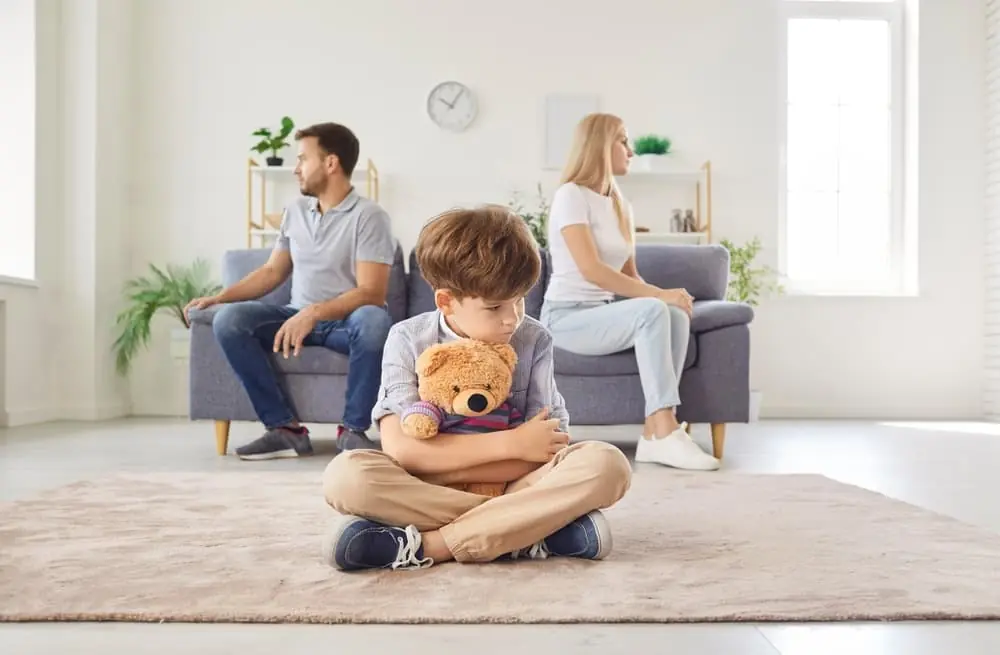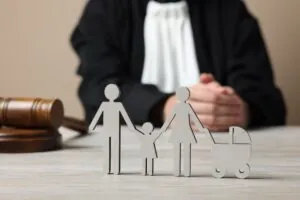Even after the divorce papers are signed, figuring out how to co-parent can be one of the hardest parts of the process. It’s not just about splitting time—it’s about learning how to raise your child with someone you might not get along with anymore. That’s never easy.
If things aren’t going smoothly, you’re not alone. Many parents struggle with co-parenting, and in some cases, the situation calls for legal support. A Spokane child custody lawyer can help you understand your rights and ensure your child’s best interests stay front and center.
Contact Us Today For A Consultation
What Does Co-Parenting Look Like After Divorce?
In a perfect world, co-parenting means both parents work together to support their child. They communicate clearly, stick to a schedule, and make big decisions together.
But in real life? That ideal often falls apart. Maybe one parent refuses to follow the plan, changes schedules without warning or cuts the other out of important decisions. These problems don’t just create stress—they can hurt your child.
If it feels like you’re doing all the work or constantly fixing the other parent’s mistakes, that’s a red flag. Your family law attorney can address these problems and get the structure you and your child deserve.
Co-Parenting vs. Parallel Parenting
When co-parenting isn’t working, you might hear about something called parallel parenting. The difference between the two is how much contact and cooperation there is between the parents.
Co-Parenting
In this arrangement, you and your ex communicate regularly and make joint decisions about your child’s education, healthcare, and daily routines. This model works best when parents can collaborate and maintain respectful communication, putting the child’s needs first.
Parallel Parenting
When communication becomes difficult or toxic, parallel parenting may be a better option. In this model, parents minimize contact and handle their time with the child separately, following their own rules and routines. While it reduces conflict, it can limit collaboration and unity between parents.
Sometimes, when things are tense or unhealthy, parallel parenting is the better option. If you’re unsure which model fits your situation, a child custody attorney can help you figure out the best path for your family—and ensure it’s reflected in your custody agreement.
Common Co-Parenting Challenges Divorced Parents Face
Co-parenting after a divorce can be challenging, especially when you’re not on the same page as your ex. These struggles can wear you down and make it harder to provide stability for your child.
- One parent doesn’t show up or constantly changes plans
- You can’t agree on rules, bedtimes, or discipline
- Your child is being used as a go-between
- You feel like you’re doing all the parenting while the other gets the credit
These aren’t just frustrating. Over time, they can wear you down and make it harder to provide a stable home for your child. If you’ve tried talking it out and nothing changes, it may be time to speak with your family law lawyer to explore your options.
What to Do When Your Ex Won’t Follow the Custody Agreement
When one parent keeps ignoring the schedule or breaking agreements, it puts a lot of pressure on the other parent—and on the child. A parenting plan is a legal agreement. It’s not optional.
If your co-parent skips visits, shows up late, refuses to communicate, or keeps bending the rules, you may need to take legal action. A child custody lawyer can help you enforce the plan and protect your time with your child.
Can a Child Custody Lawyer Help Change My Parenting Plan?
Absolutely. Life changes, and so do your child’s needs. Maybe the current plan doesn’t make sense anymore. Maybe your co-parent has become more difficult, and the plan no longer protects your child’s best interests.
In these cases, your child custody attorney can file for a modification. You don’t have to stay stuck in a plan that’s making things harder for your family.
Chronic Issues Like Lateness, No-Shows, or Manipulation
It’s one thing to have an off day. But if your co-parent is always late, constantly cancels, or tries to control or manipulate the situation, that’s not okay. These patterns can damage your child’s sense of stability—and your sanity.
Keep track of these issues. Write them down. Then, talk to a family law attorney about whether it’s time to go back to court. You don’t have to tolerate ongoing stress just to “keep the peace.”
How to Make Co-Parenting Work After Divorce
Co-parenting after divorce can be tough, but certain strategies can help make it more manageable for both parents and children. Staying focused on your child’s needs and maintaining clear, respectful communication is key to reducing conflict and fostering stability.
- Keep communication clear and focused on the child
- Stick to the agreed schedule
- Don’t use your child as a messenger
- Avoid bad-mouthing the other parent around your child
- Be consistent in rules and expectations
Of course, even when you try your best, you can’t control the other parent. That’s where a child custody lawyer can step in to help you create or enforce a plan that protects your child and supports a healthier dynamic.
Do I Need a Child Custody Lawyer for Co-Parenting Problems?
Not every disagreement means you need a lawyer, but if your co-parent isn’t following the plan, cutting you out of important decisions, or making things harder for your child, it may be time to get legal help.
A child custody lawyer can explain your rights and help you find a more stable path forward. This isn’t about “winning”—it’s about protecting your child’s well-being and ensuring your voice is heard.
You Don’t Have to Keep Struggling
Co-parenting after a divorce can be one of the hardest challenges a parent faces, especially when the stress feels constant, and your child ends up caught in the middle. If you’re feeling overwhelmed or like things just aren’t improving, it’s okay to seek help.
A family law attorney can offer the clarity and support you need, helping you manage the legal process and create a plan that truly works for your family. You don’t have to go through this alone—you deserve a solution that puts your child’s well-being first and provides stability for everyone involved.






